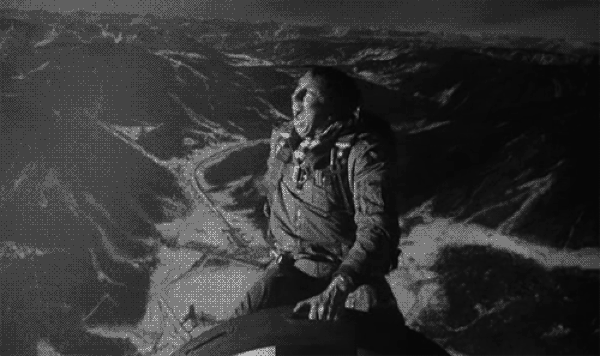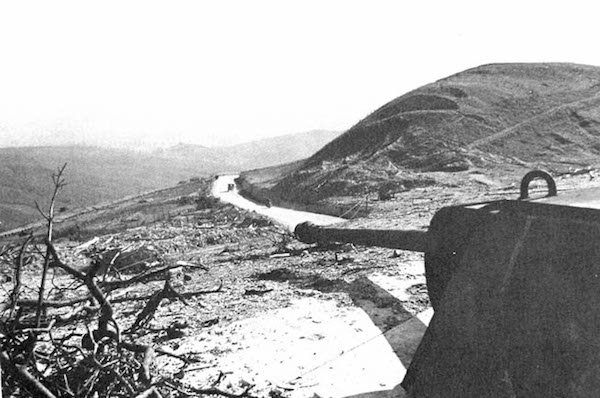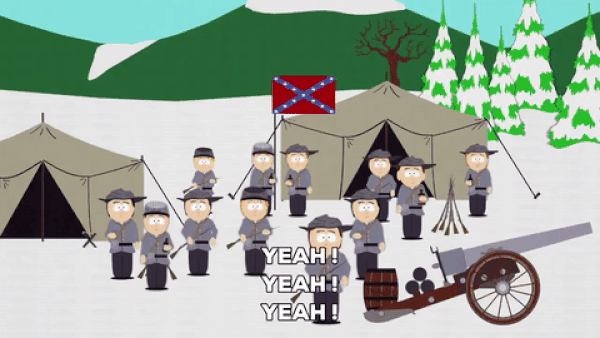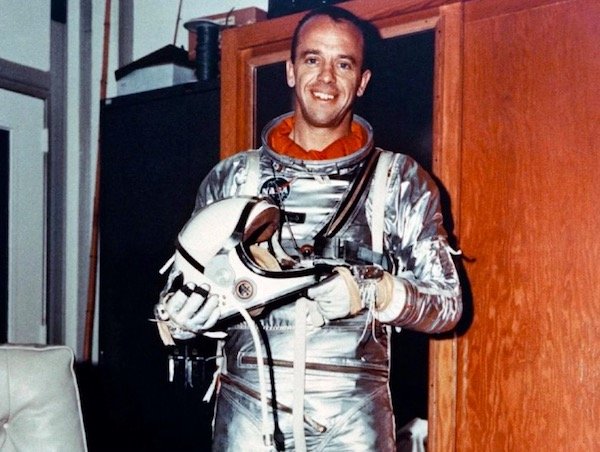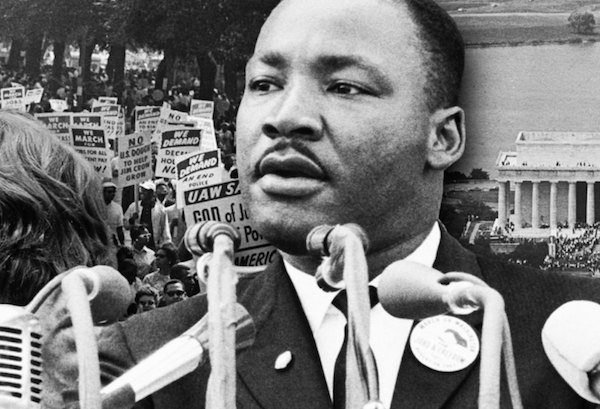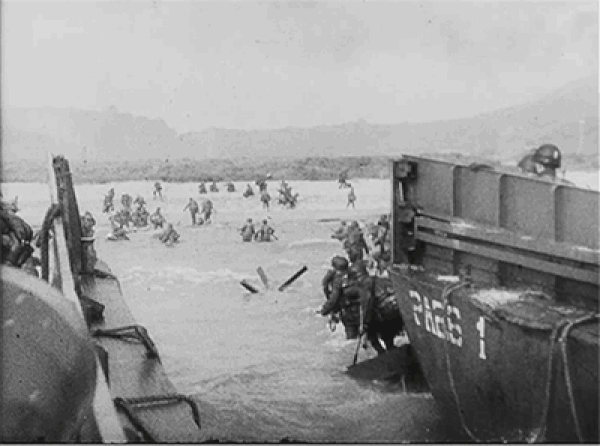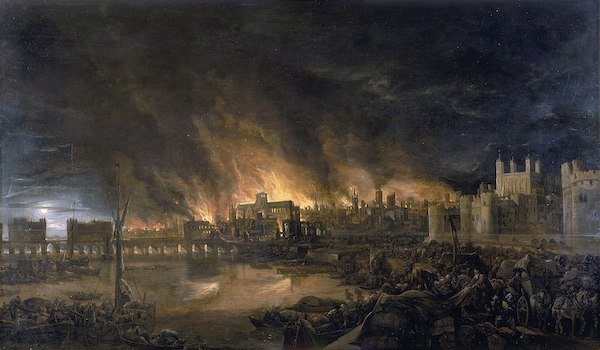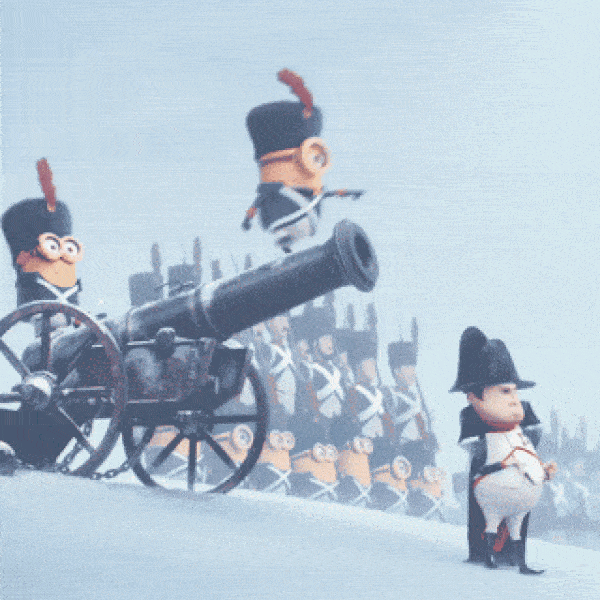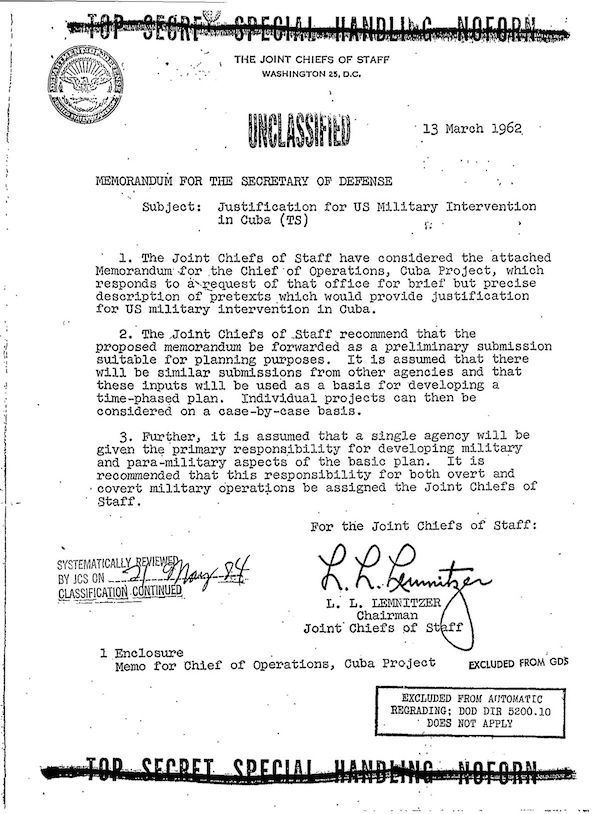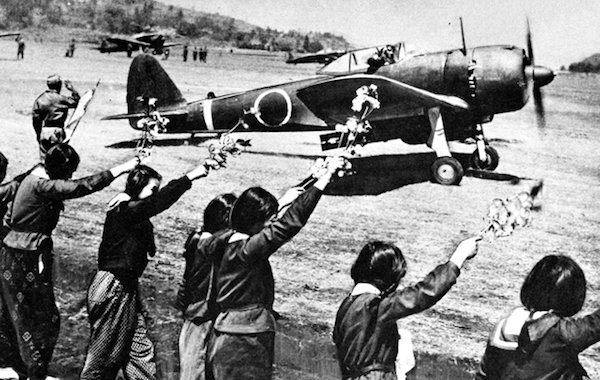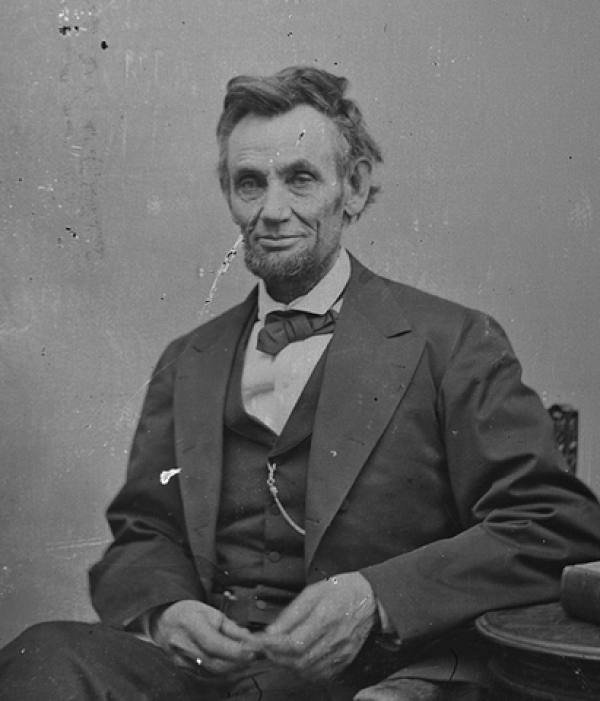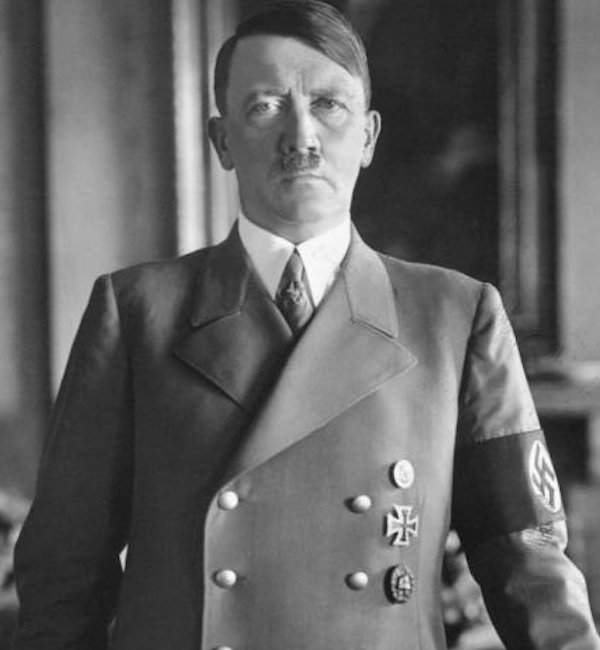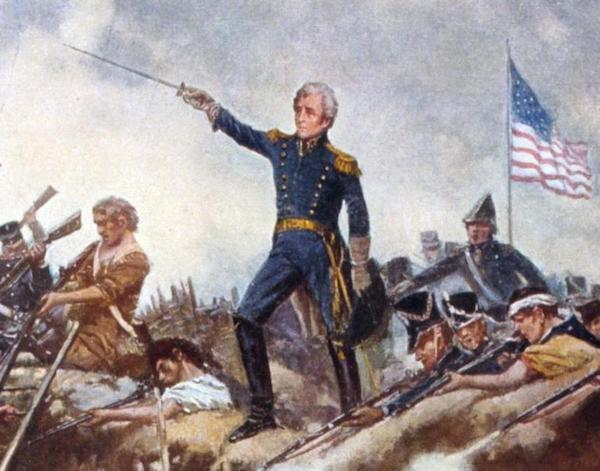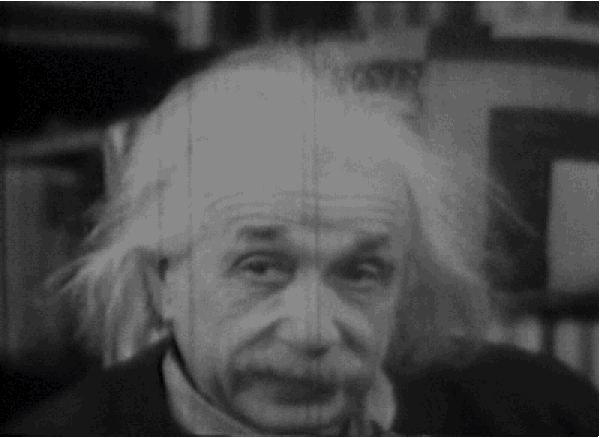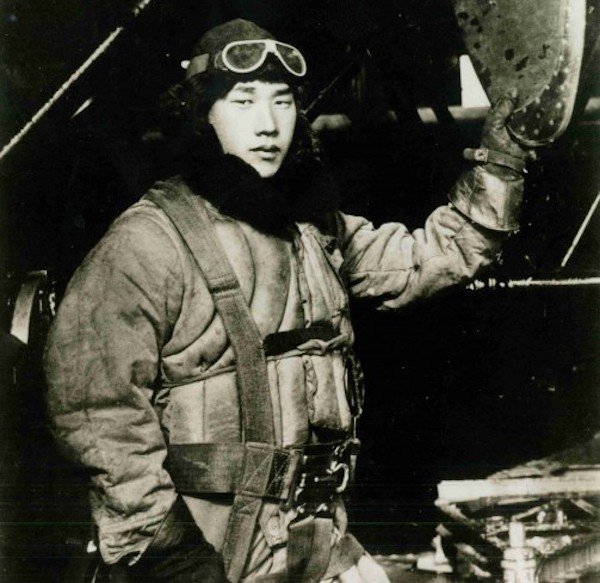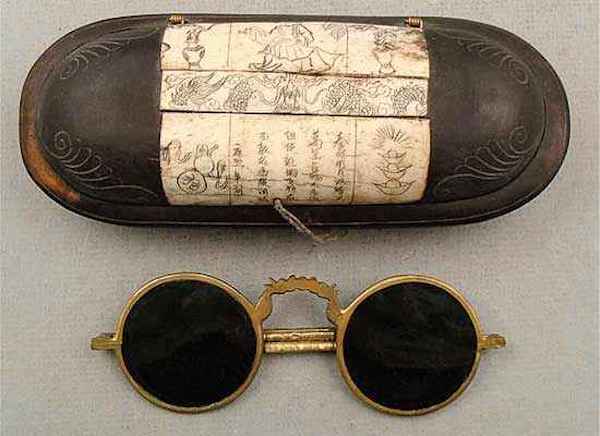20 Bizarre Historical Facts
You can never have too many WTF history facts in your brain.
Published 6 years ago in Wow
2
The United States Air Force accidentally dropped two hydrogen bombs (each with a payload of over four megatons of TNT) over North Carolina in 1961, one of which was armed and battle ready. All trigger mechanisms worked as designed expect one basic low voltage switch which didn’t move and prevented a nuclear catastrophe.
3
During World War II, the men of the 442nd unit scaled a 4000 foot cliff at the dead of night in order to launch a ambush on the German emplacement known as the Gothic Line. Men would fall during this climb but none would let out a scream, they just silently plummeted to their deaths, in order to keep their position safe. After getting into position the group laid in wait for dawn to launch their attack. At dawn the attack began and the 442nd won the day and broke the Gothic Line in 34 minutes.
6
Alan Shepard (the first American man in space), entered the atmosphere with wet pants. Knowing he was about to be a major part of American space history, Shepard drank coffee that morning, to try and keep himself calm. About three cups or so and barely anything else. When astronauts are launched, often they sit at a 90 degree angle backwards, whilst experiencing intense vibrations. Also important to note, the crew don’t just jump into their shuttle and immediately off they go. Often, crew sit and wait for a minimum of two to three hours on the launchpad, as final checks go through. Back to Shepard, who is sitting on the launchpad, tilted backwards 90 degrees with a stomach filled with coffee. He mentioned his issue with MOCR, (ground control) and they pretty much told him that he can go to the loo and not do the launch, or try to hold it and become a part of history. Shepard chose the latter.
10
Benjamin Franklin once played a practical joke that put England and France on the verge of war. He was stuck in England as ambassador for some time and was bored. He wrote a letter to the biggest newspaper under a fictitious name, complaining that France needs to stop sending over all their prisoners, and England needs to stop accepting them. The British were outraged to learn this was happening, but of course it wasn’t. At some point the French caught wind of the rumor, and took on the attitude that they could do that if they wanted to. “You think your country is too good for our prisoners?” It escalated through both governments and the military until leaders on both sides had to unilaterally convince the populations that none of this was true. The only person who enjoyed the whole thing from beginning to end was Ben Franklin.
13
The word ‘Kamikaze’ means ‘divine wind’ in Japanese. The original Kamikaze was when the Mongols sent a huge invasion force to Japan. The Japanese would have been thoroughly defeated, but both times the Mongols tried to invade, a hurricane swept down and destroyed the Mongol fleet. The Japanese named this wind, ‘Kamikaze.’
16
Before he was president, Andrew Jackson rose to national fame for his victory in the Battle of New Orleans during the war of 1812. His “decisive victory against the British” occurred after the war was over, though the combatants didn’t know that yet, and the victory would have been impossible had it not been for the support of a French pirate named Jean Lafitte, who was only siding with the Americans in exchange for a pardon from a number of war crimes he was accused of.
18
During World War II, the Japanese outfitted special planes (some were designed to be launched from submarines) with enough range to reach the west coast of the United States. The goal was to use incendiary bombs to start wildfires in the forests of the Pacific Northwest. One pilot, Nobuo Fujita, successfully dropped his bombs over the forest near Brookings, Oregon. Fortunately, a storm the night before had dampened the forest, and the fire started by Fujita’s bomb was quickly controlled by the Forest Service. Eighteen years later, in 1962, Fujita returned to Brookings. He brought with him his family’s heirloom, a katana that was over 400 years old. Fujita apologized to the townspeople for his actions during the war, and revealed that if the townspeople demanded it, he would ceremoniously commit seppuku with the sword to make reparations for his actions. The townspeople would have none of it. Fujita was made an honorary citizen of the town and returned to visit it several times during his life, including one trip to plant trees in the forest he had bombed decades before. After his death in 1997, his daughter returned to Brookings and scattered some of his ashes there. The Fujita family katana is on display in Brookings, after being given to the town by Fujita as a token of friendship.
20
Did you know that sunglasses were invented in ancient China? The lenses were made of hazy quartz and while they didn't actually protect the eyes from UV rays, they did help with glare. They were even described as early as the 12th century as being used by judges in courtrooms to conceal their emotions.


